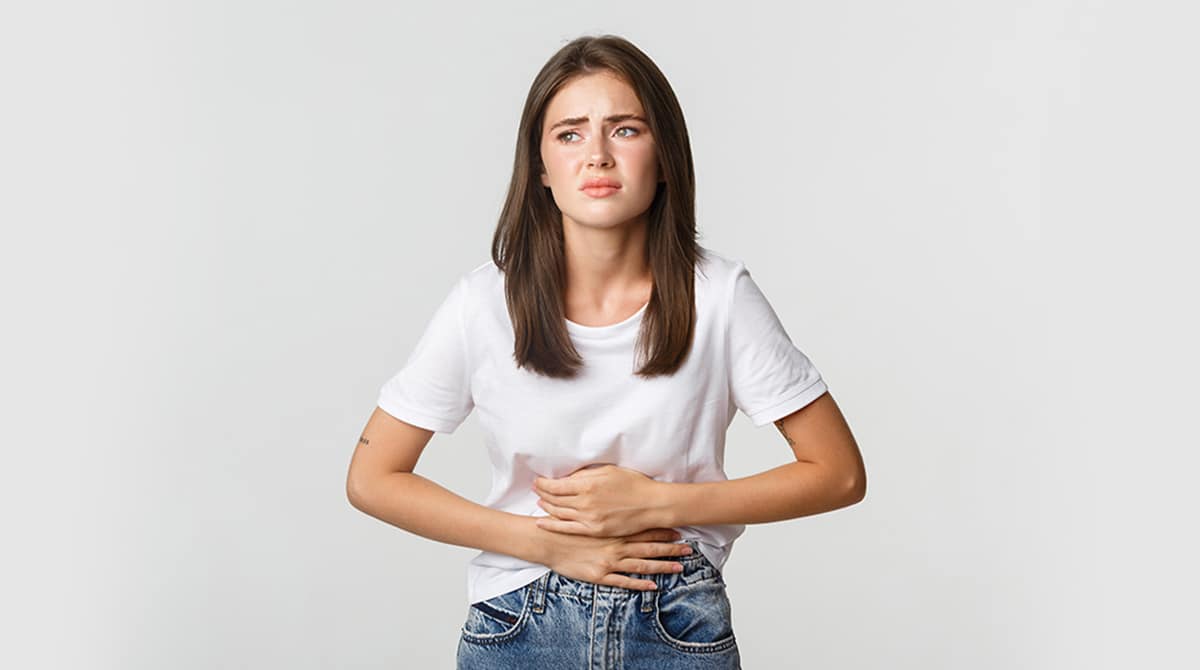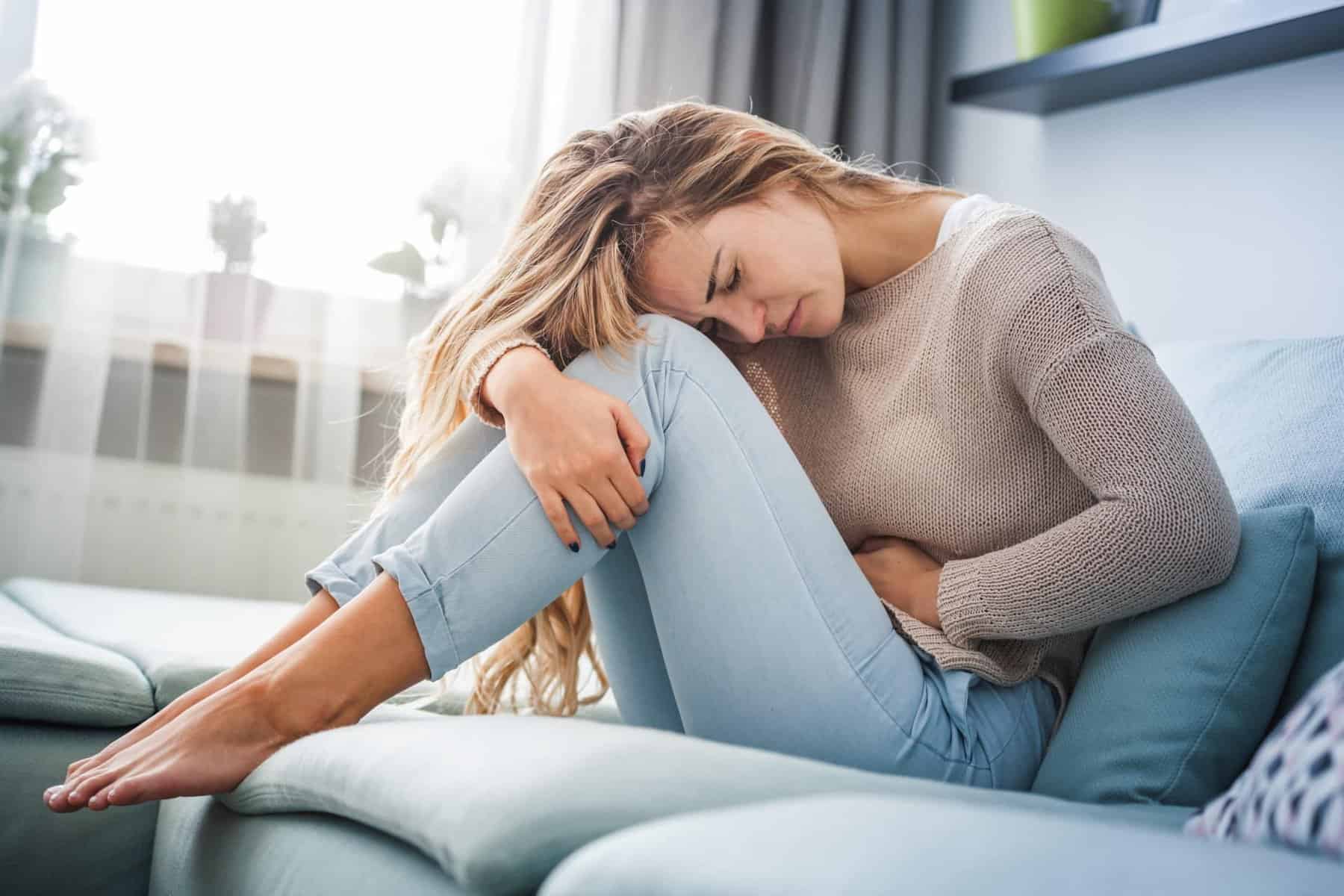
The stomach is one of the most important organs in our body, and it plays a crucial role in digestion. However, if something goes wrong with your stomach or intestine, you can experience pain and discomfort that can be extremely painful. Stomach pain can be caused by many different reasons, including gas, food poisoning, indigestion, or even appendicitis (inflammation of the appendix). You should go to urgent care near you if you have stomach pain that doesn’t go away after several hours or if any of these signs accompanies it:
- A fever over 100.0 degrees Fahrenheit or 38 degrees Celsius (or below normal)
- Vomiting more than twice a day for three days in a row
- Diarrhea for two or more consecutive days
Types of Stomach Pains
Abdominal pain can be caused by several factors that include:
Gastritis
Stomach pain is a common problem that can result from many different causes. Some of these causes include food poisoning, indigestion, or persistent stomach lining irritation. Certain substances can also increase the acidity of the stomach, such as alcohol, caffeine, or cigarettes. Eventually, this can lead to a stomach ulcer.
Peptic ulcers
A common symptom of a peptic ulcer is a burning or dull pain in the abdomen, usually between the breastbone and the belly button.
The primary cause of peptic ulcers is H. Pylori and long-term use of Nonsteroidal anti-inflammatory drugs. The treatment of peptic ulcers will depend on the cause, but a diet change can also solve the issue.
Appendicitis
Appendicitis is a medical condition that causes stomach pain. Symptoms vary depending on the individual but generally start around the belly button and move to the right side. Other symptoms of appendicitis include chills and fever.
Acute appendicitis begins with a dull pain in the upper abdomen, which usually moves to the lower right side. As it progresses, the pain becomes sharper and deeper. It usually affects the right side of the abdomen but may also affect the left side. Pain may increase with movement and feel worse when sitting or lying down quickly.
Food sensitivities
Food intolerance, also known as food sensitivity, is a common condition that can cause digestive problems. Though it can be painful, symptoms can often be very mild. These conditions occur when the immune system mistakes a particular food as a dangerous threat and releases antibodies called immunoglobulin E. These antibodies attack the food causing an allergic reaction. The symptoms may include abdominal pain, shortness of breath, or wheezing. In some severe cases, a person may develop anaphylaxis, a life-threatening reaction to an allergen. In such a case, you need to visit Houston urgent care immediately.
Kidney stones
Kidney stones can cause a variety of symptoms, including pain in the stomach and groin. Some people experience severe pain, while others experience a steady pain that comes and goes. While most kidney stones can pass without symptoms, if your kidney stone pain is severe or persistent, you should seek medical attention immediately.
You must drink 2 to 3 quarts of fluid a day to treat kidney stones. Water is the best choice for this.
Indigestion or heartburn
This common stomach pain occurs when the acid in your stomach (gastric juice) comes into contact with your esophagus or stomach lining. It’s usually caused by overeating or eating too quickly; it may also be related to GERD (gastroesophageal reflux disease). The pain is not usually a serious problem and requires no treatment beyond some over-the-counter medication if needed. However, suppose the pain worsens or persists for more than 24 hours. In that case, it might be time to visit an urgent care for stomach pain for further evaluation and diagnosis by a medical professional.
When We Need To Go To Urgent Care For Stomach Pain
It’s time to go to urgent care for stomach pain, if you have:
- Vomiting blood. This is usually caused by an ulcer or gastrointestinal bleeding and can be serious if left untreated.
- Fever above 101°F (38°C). A high fever can cause additional problems with your stomach and intestines, so it’s best to get checked out as soon as possible.
- Severe abdominal pain doesn’t go away after several hours or when you lie down—even if it feels better after eating or drinking fluids like water or milk!
Take Action
The symptoms of stomach pain may be minor and self-resolving, but if you are experiencing severe pain, we recommend that you visit NeuMed Modern Urgent Care immediately for assistance.









